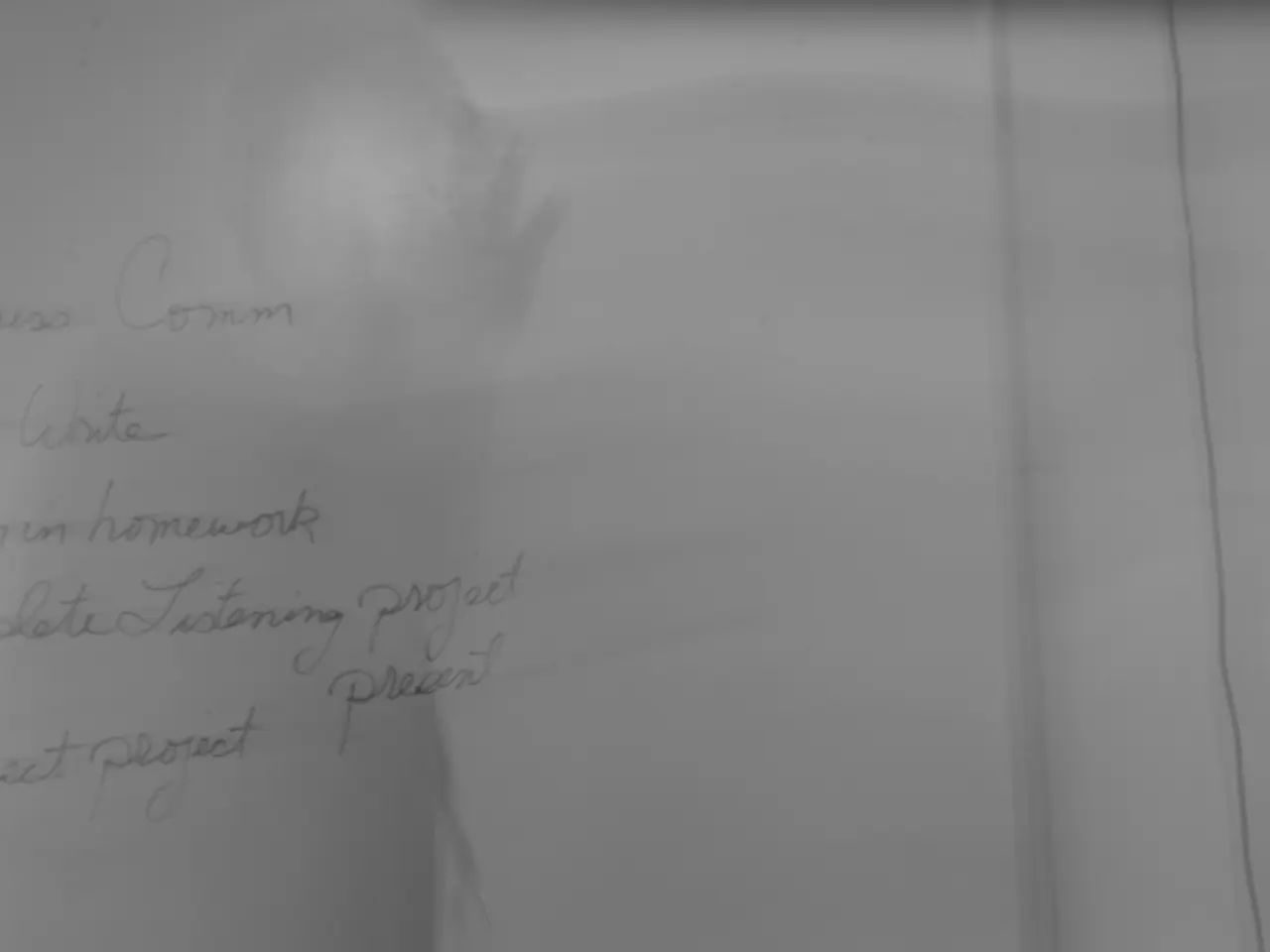In the event Trump loses his court case over tariffs, American businesses could potentially be required to repay over $200 billion.
The federal appeals court's decision to strike down President Trump's tariff policy has set the stage for a legal showdown at the Supreme Court. The tariffs in question, which include duties as high as 145% on China and import tax rates as high as 50% on India and Brazil, have been deemed unlawful.
The Treasury Department, the government agency tasked with holding on to tariff revenue, has declined to comment on how potential tariff refunds would be administered. However, the government has borrowed less money due to the hundreds of billions of dollars of tariff revenue held by the Treasury in its general fund.
If the Supreme Court upholds the appeals court's decision, it could result in the US Treasury having to "give back" tariff revenue collected. This prospect has sparked concerns of runaway inflation, as refunds of tariffs could necessitate more borrowing to pay the government's bills and push yields and borrowing costs higher.
The U.S. Department of Justice is committed to possibly initiating an administrative withdrawal process if the Supreme Court rules that the tariffs introduced by Donald Trump during his second term are illegal. This is indicated by the Justice Department's appeal against a lower court decision that had declared most of Trump's tariffs unlawful.
The court's decision was based on Trump's use of the International Emergency Economic Powers Act (IEEPA) to impose tariffs. Trump has acknowledged this, stating that if the court's decision is upheld by the Supreme Court, the US Treasury would have to return the collected tariff revenue.
Meanwhile, Trump's strategy to lower interest rates has been to attack the Federal Reserve, especially Chair Jerome Powell, and put the Board in his crosshairs by attempting to fire Fed Governor Lisa Cook. If successful in getting the central bank to lower interest rates while there are potentially massive tariff refunds being distributed, it could refresh investor memories about the Biden years and higher inflation.
The tariffs imposed during Trump's second term face a final litmus test to determine their legality. Over $210 billion has been paid by American businesses to cover the tariffs that US courts have determined are illegal. The Supreme Court may take on the case during the upcoming term, and the tariffs in question will likely remain in effect while the appeal is heard.
It's an open question how potential refunds would be handled if the Supreme Court finds Trump didn't have the legal authority to impose tariffs under IEEPA. The yield on the 30-year Treasury bond briefly hit 5%, its highest level since July, due to investors demanding more compensation to hold US debt, suggesting that the uncertainty surrounding tariff refunds is already impacting the market.







